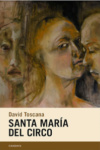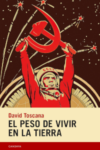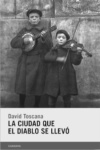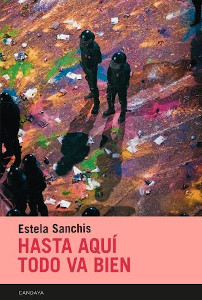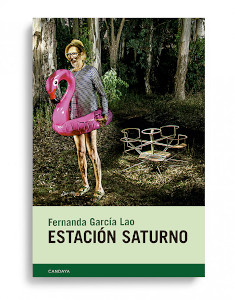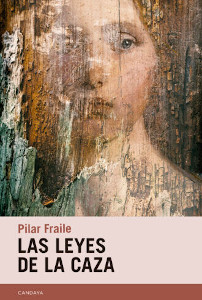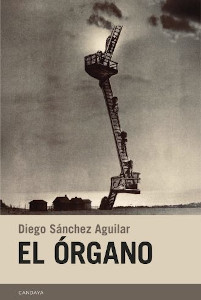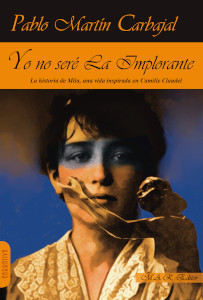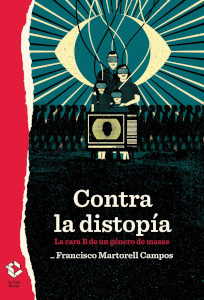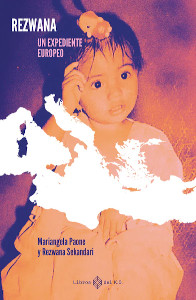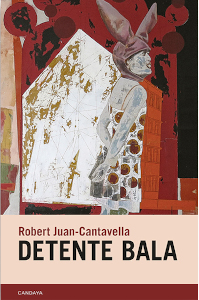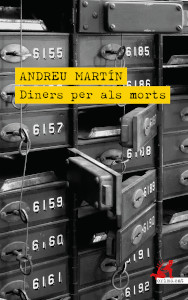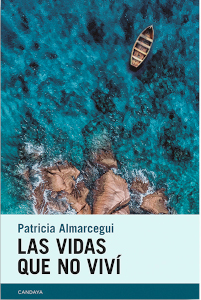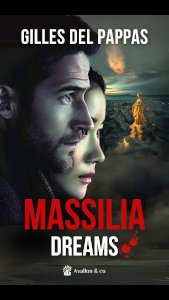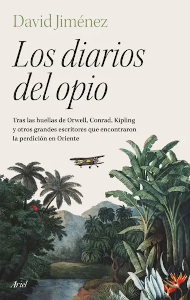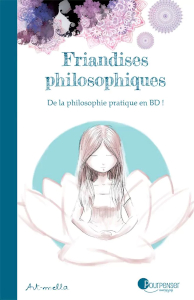The Weight of Living on Earth
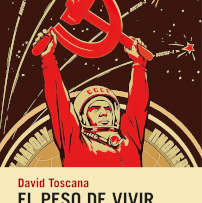
Mario Vargas Llosa : “Acabo de leer esta novela del escritor mexicano David Toscana que ha ganado el Premio Bienal de Novela que lleva mi nombre, celebrado en Guadalajara, y creo que es uno de los textos más originales publicados en los últimos años”.
“Lo que está en juego en este texto notable es el humor. Un humor extraño e incandescente”.
“Uno de los aspectos originales de este libro es ese juego mediante el cual, en lo más profundo de las tragedias que viven los personajes, hay siempre una luz a la que pueden aferrarse”,
“Creo que David Toscana ha escrito una de la mejores novelas del idioma”.
“David Toscana is one of the most innovative contemporary Mexican storytellers.” Eduardo Espina, El Observador.
José Manuel Fajardo: “David Toscana is one of the major voices of the current Latin American narrative”, EL Cultural, El Español, 15 enero 2023
Written with the will to believe that imagination and desire are powerful forces for transforming reality, The Weight to Live on Earth puts us in front of an immense frieze of possibilities: life changes as we read, the author proposes, and this is how this group of characters turn the city of Monterrey into every possible scenario from Tsarist Russia to Soviet Russia, and a canteen will be a space station, an orange orchard will be a dacha, the Santa Catarina River will be the Neva, and an abandoned cable car will be the take-off platform.
Mario Vargas Llosa V Biennial Novel Prize, 2023
Mazatlán De Literatura Award, 2023
CANDAYA, 2022, 320 p. LITERARY FICTION, spanish (Mexico)
ALFAGUARA, 2022, Mexico.
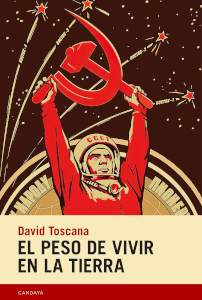
The news of the death of three Soviet cosmonauts on their return to Earth after 23 days on the Sailyut space station is the trigger for the delirious journey that Nikolai is about to embark on. Driven by his passion for reading, he changes his name to Nikolai Nikolayevich Pseldonov and his everyday life in the early 1970s in northern Mexico becomes a frieze that combines all the times and spaces of Russian literature: from Tolstoy to Bulgakov, from Chekhov to Akhmatova. Nicholas and his wife, along with a handful of strangers who join them along the way, fervently recreate scenes, conversations and stories from a wide range of novels, short stories and plays, but which, unlike the knights imitated by Don Quixote, star anti-heroes. Dozens or hundreds of stories that help us to piece together their own history and to sense their desolation in the face of a world in which they do not fit, a world they can only face with their imagination. Because, as the protagonist of The weight to live o earth says, “Life is the only infinite thing that has an end”.
WHAT HAS BEEN SAID ABOUT THE AUTHOR’S WORK
“Una obra que en España emparentaría de modo claro con el mejor Luis Landero, puesto que se sustenta en un mismo aliento o eje: el hiato entre realidad e irrealidad y el afán de los hombres por no resignarse a lo que son sin haber, al menos, intentado probar la suerte de lo que podrían ser; en suma: la redención en la búsqueda de lo imposible.” Ernesto Calabuig, El Cultural, El Mundo.
“El humor, y en específico el negro, en las novelas de Toscana es legendario (…) logra unir la gran tradición de la picaresca en español con el universo metafísico de otro checo, Franz Kafka, para imponer un nuevo adjetivo atmosférico a la literatura mexicana: toscaniano o toscanesco.” Juan José de Ávila, El Confabulario, El Universal.
About The Weight of living on Earth :
“Una novela extraordinaria que habla, al tiempo, de la huida, de la liberación, de los sueños, y de la dificultad de la vida en la Tierra, del peso de la vida en la Tierra. Justo en estos días en los que a veces querríamos estar en órbita”, José Miguel Giráldez, El Correo Gallego, 20 diciembre de 2022
Original Title
El peso de vivir en la tierra
Sample in English by Isabel Adey available
Extract in Spanish
“El peso de vivir en la tierra, un libro revolucionario
Según el Nobel peruano, el autor mexicano David Toscana ha escrito una de las mejores novelas del idioma.” La Nación, artículo por Mario Vargas Llosa.
Territory of representation
World Wide
More about the rights available for this book
sophiesavary@sosavbooks.com

